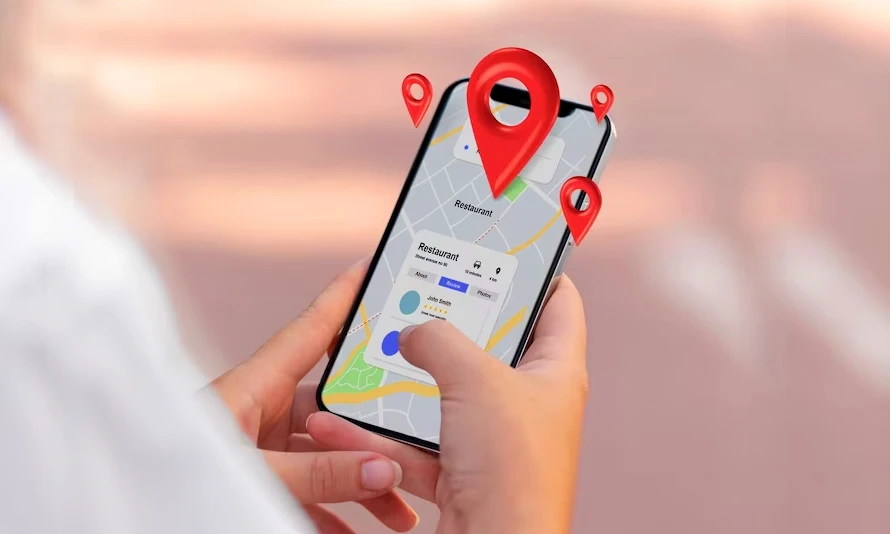Artificial Intelligence (AI) and state-of-the-art innovations are set to enhance functionalities such as voice recognition and hands-free control enabled by natural language processing (NLP), providing significant advantages for individuals facing mobility challenges

New Delhi: During discussions marking World Television Day, industry leaders highlighted the transformative potential of Artificial Intelligence (AI) in revolutionizing the television market. They emphasized its significant impact on enhancing accessibility for individuals with hearing and visual impairments.
Avneet Singh Marwah, CEO of SPPL, the exclusive brand licensee of Blaupunkt TVs and other brands in India, mentioned that AI-driven innovations such as voice recognition and hands-free control through natural language processing (NLP) would greatly benefit those with mobility challenges. Marwah emphasized the importance of features like text-to-speech, high contrast, and large text options for the visually impaired, along with audio descriptions to narrate visual content, making television more accessible to diverse audiences.
Additionally, Marwah highlighted how closed captions, subtitles, and adjustable volume cater to the hearing impaired, promoting inclusivity and enjoyment of content for everyone. He expressed that these advancements signify a commendable step towards creating an inclusive entertainment landscape accessible to all.
The trend towards larger television screens is seen as a significant shift in the home ecosystem, as Marwah noted the growing ease of device connectivity in evolving home setups, making larger screens a practical choice for various activities.
World Television Day, designated by the United Nations in December 1996, holds significance as it aligns with the rise of larger screens in the television market, attributed to advancements in AI and the flourishing growth of OTT platforms.
Anand Dubey, CEO and Founder of Indkal Technologies, highlighted the enduring role of televisions in our lives, emphasizing their importance in facilitating social experiences with families, friends, and colleagues. He stressed that televisions offer a unique shared portal for knowledge, information, and entertainment, enabling collective experiences unlike other personal devices.
Dubey underscored, “Televisions hold significance not just because they provide an avenue for diverse content but also because they facilitate shared experiences unlike any other device.”
Given the ongoing progress in audio-visual technology, leaders in the industry foresee an ongoing enhancement in viewing experiences. They noted the growing affinity for televisions as an irreplaceable medium for shared opportunities and experiences.
Hi…Just have a look at this also!






